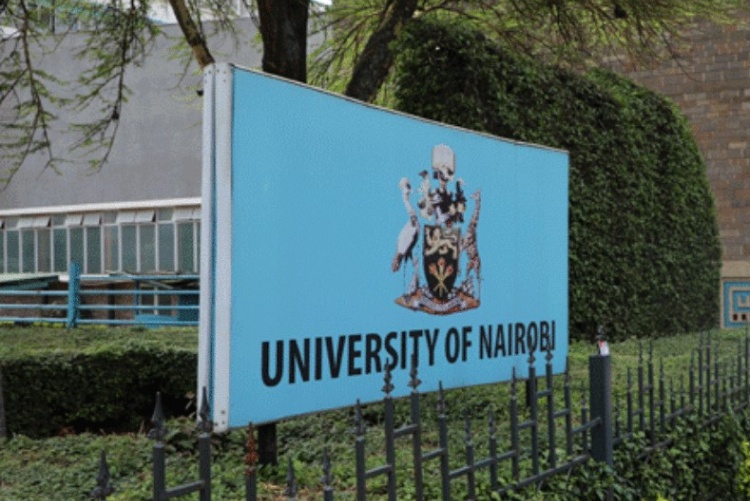Align higher education to national economic needs
With the biting level of unemployment among the youth in the country on a background of expanded education opportunities that have significantly improved the country’s literacy level, there is need to rethink on whether we are using the limited resources rightly to equip skills to our university graduates.
Going by the high number of the young people joining the job market where they find none since the skills they acquired cannot match the industry gaps, it is now a grave issue of collective action by all players.
Cases of Kenyan graduates accused of lacking appropriate skills to meet demands of the 21st century job market have been widespread.
Worse, nearly 60 per cent of youths remain unemployed after graduation. Unfortunately, they lack innovative skills that can turn them into job creators as opposed to seekers.
We have, over the years, embraced an education system that often over-emphasise on test scores at the expense of providing meaningful and holistic learning of 21st century skills, which unleashes students’ talents and teaches them to think, lead and innovate.
Training must form part of government economic policy-making machinery so that various industry players, including private sector, can participate in this important component of prosperity.
This means providing value for money – not just for students and graduates, but also for the government and taxpayers who contribute substantially to the way the sector is funded.
The 2018 World Development Report on transformation of labour markets outlines important changes brought about by the digitalisation of the economy in the context of the economic revolution.
Technological change is driven by development of digital firms, which require well qualified information and communication technology (ICT) specialists and technicians trained locally.
This evolution, in turn, provokes transformation of jobs in traditional firms.
Unfortunately, there has been very little conversation between industrialists, manufacturers, services providers, government, researchers, and educationists on how to align our education for future or immediate needs- especially the space of technology in defining this.
Kenya ranks fairly as one of the fastest growing digital economies with high momentum and potential for growth.
About 25 per cent of digital innovation start-ups in Africa are based in Kenya.
The World Economic Forum predicts that 52 per cent of all work activities in Kenya are likely to be automated in the next few years, compared to 44 per cent in South Africa and 46 per cent in Nigeria.
Statistics reveal jobs with high ICT intensity represent 18.4 per cent of all formal sector jobs in Kenya.
To fully reform education in Kenya, there is a need to interrogate availability of resources to sufficiently support likely expansion of higher education system, which must be backed by innovative policy measures.
Education stakeholders and consumers of trained skills must debate on the kind of system the country needs for a financially sustainable expansion of higher education.
Resource mobilisation of how public and private funding can be marshaled is of vital importance, identifying the most appropriate mechanisms to distribute public resources in a manner that rewards improved performance, promotes innovation, and encourages efficient use of available resources.
There is also a need to assess the capacity of the higher education institutions to train graduates who can perform well in the labor market. — The writer is a public policy analyst — raphojuma@hotmail.com












